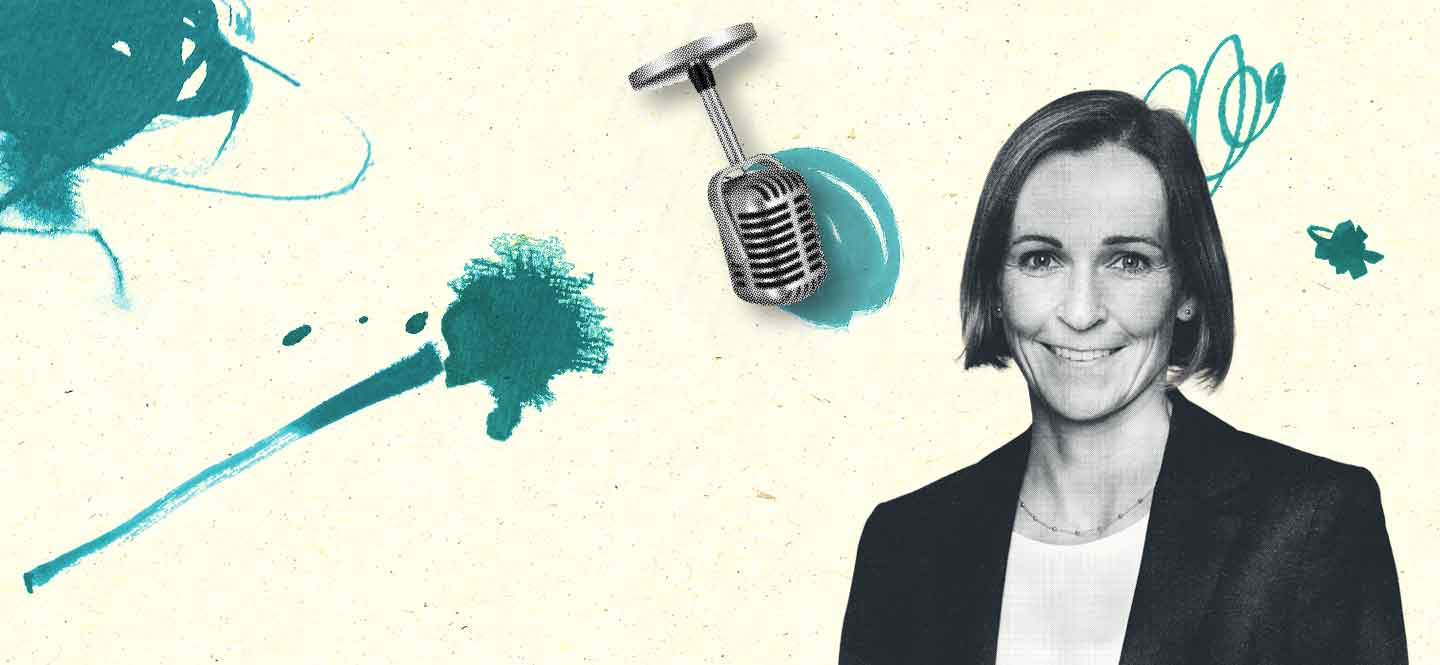
VolkswagenStiftung
Researching Research: "There is still considerable potential!"
The "Researching Research" funding initiative strengthens interdisciplinarity and internationalisation in the field – and is also intended to generate policy recommendations for policy-makers. An interview with the programme manager Johanna Brumberg.
The "Researching Research" funding initiative is divided into two funding lines: Summer Schools and Workshops and Collaborative Research Projects. So far, there have been two calls for proposals for the latter: "Evaluation and Science Practice" (approvals in December 2023) and "Political Influences on Epistemic Practice" (deadline for applications was in October 2024). It will therefore be some time before we can report on project results. But we can talk about the goals and expectations that the Volkswagen Foundation associates with this funding initiative. Here is an interview with the responsible programme manager in the funding department, Dr Johanna Brumberg.
Why do we need more "research on research"?
Brumberg: Your question appears to ask whether we are actually filling a gap with this funding initiative. It is true that we are not the only ones in Germany who fund research on research. The field is already well organised. Nevertheless, we still see considerable latent potential, especially in the area of collaborative projects involving different disciplines in cooperation with partners abroad.
We have the impression that the field of research on research in Germany is fragmented across a number of different communities. Abroad, on the other hand, the field appears to be more strongly networked. This results in various fruitful impulses. We want to strengthen this model in Germany. We want to contribute towards a common field developing from the currently fragmented landscape. I therefore strongly encourage interested parties to think beyond entrenched boundaries of disciplines and methods and to utilise the opportunity we offer for international cooperation. In the first round of calls, projects with a strong international focus were more successful.
The projects are expected to result in recommendations for the science system and policy makers?
Brumberg: Although we don't expect every project to immediately generate a practical application. However, we believe that the funding initiative with a project duration of four years creates a viable framework for in-depth research and reflection. Transfer and application are not the main focus. Notwithstanding, our aim is for the knowledge gained through such research to flow into the system. For this reason, project participants should certainly consider for which target group their results are relevant? How can the knowledge be prepared for decision-makers so that it flows into future action? Where do we perhaps need the support of stakeholders from outside the academic community?
Whether research results are considered relevant by decision-makers depends to a great extent on their topicality.
Brumberg: To a certain extent, we actually do ask for topicality: in the ‘Cooperation Projects’ funding line, for example, the calls are not thematically open. They are topic-specific. And we pick up on topics where there is a need for action – both from our point of view and from the point of view of the experts with whom we are in dialogue. The first call bore the title ‘Evaluation and Science Practice’. Here, there is no question that there is a need for action. In general, the ‘Researching Research’ funding initiative must be seen as part of the Foundation's overall strategy, which aims, among other things, to initiate improvements in the science system through its funding activities. The major study "Research Cultures in Germany", which the Volkswagen Foundation published in 2023, also contributes towards this goal.
In the second call, we are interested in the influence of political decisions on research practices and, conversely, how epistemic processes influence political action. This question goes far beyond the role of science in providing policy advice. For example, if we consider that political premises and prioritisation influence which knowledge is created through research and which is not. This is highly topical. Of course, the review process also examines whether the proposed projects might actually contribute to virulent topics or have already been researched to such an extent that no added value can be expected.
What system-relevant effect do you hope the "Researching Research" funding initiative will have?
Brumberg: As already mentioned, we would like to contribute to an additional activation of the field, even outside the existing core areas of the field. We also wish to draw in researchers from the fields of political science, sociology, or area studies, for example, who deal with questions of the science system. It makes sense to expand capacity here. We expect the project findings and recommendations to have an impact on the science system. The evidence provided by the projects should lead to new opportunities for action.
What contribution will the Foundation itself make to disseminating the recommendations reached by the projects?
Brumberg: In order to answer this question, project results must first be available. That will take some time. The projects funded in the first call have only just started. The Board of Trustees will decide on approvals for the second round in summer 2025. What I can imagine is that the Foundation will organise a high-profile event at a suitable time and at the end of each call. Let's wait and see.


